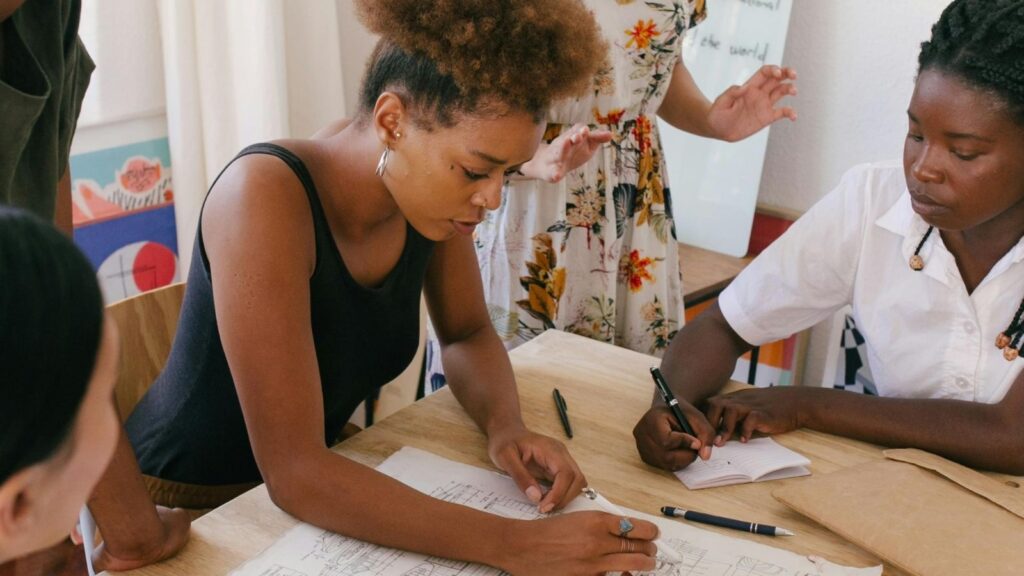
Ticketing can be potential attendees’ first point of contact, setting the tone for the entire experience. In today’s diverse world, creating events that are inclusive and welcoming to everyone is no longer optional, it’s essential. This means ensuring people of all abilities, backgrounds, and needs can fully participate and enjoy your event. But how can you achieve this, especially when it comes to the ticketing process? Here’s how you can leverage events to champion inclusivity in your planning:
1. Offer Accessible Ticketing Options:
- Clear Information: Provide detailed descriptions of the venue, including features like ramps, elevators, and accessible restrooms.
- Designated Seating: Allocate designated seating for wheelchair users and those with limited mobility. Be sure these seats offer good sightlines and are easy to access.
- Assistive Technology Support: Clearly state if your ticketing platform supports features like screen readers or compatibility with assistive devices.
2. Gather Accessibility Needs During Ticketing:
Many ticketing platforms allow you to include optional questions during the purchase process. This is a great opportunity to gather information about attendee needs, such as:
- Mobility: Do they require wheelchair-accessible seating or any other mobility assistance?
- Sensory: Will they require sign language interpretation, assistive listening devices, or a quiet space?
- Dietary: Do any dietary restrictions need to be accommodated?
Having this information upfront lets you proactively plan to meet these needs and ensure a smooth experience for all.
3. Promote Accessibility Features:
Don’t just offer accessibility features, promote them! Highlight these options on your ticketing platform, website, and event marketing materials. Use clear and concise language to explain what’s available and how attendees can request accommodations.
4. Using inclusive language:
The language you use reflects both you and the event. Be attentive to others’ feelings and avoid emphasizing their limitations. Use people-centered, neutral language. Don’t represent them stereotypically either. We tend to pity them while also idolizing them. Both times, we make them quite uncomfortable. Instead, attempt to treat them the same as everyone else.
5. Embrace Accessible Ticketing Technology:
Many ticketing platforms offer features specifically designed for inclusivity. Look for options like:
- Accessible Interface: A platform that is easy to navigate for users with screen readers or other assistive technologies.
- Text Magnification and Color Contrast: Features that make ticketing easier for people with visual impairments.
- Audio Descriptions: Provide audio descriptions of ticketing options for attendees who are blind or visually impaired.
Using event ticketing as a tool for inclusivity, you can open your doors to a wider audience and create a more welcoming and enjoyable experience for everyone. Remember, a little planning can go a long way in ensuring your event is truly accessible to all.


